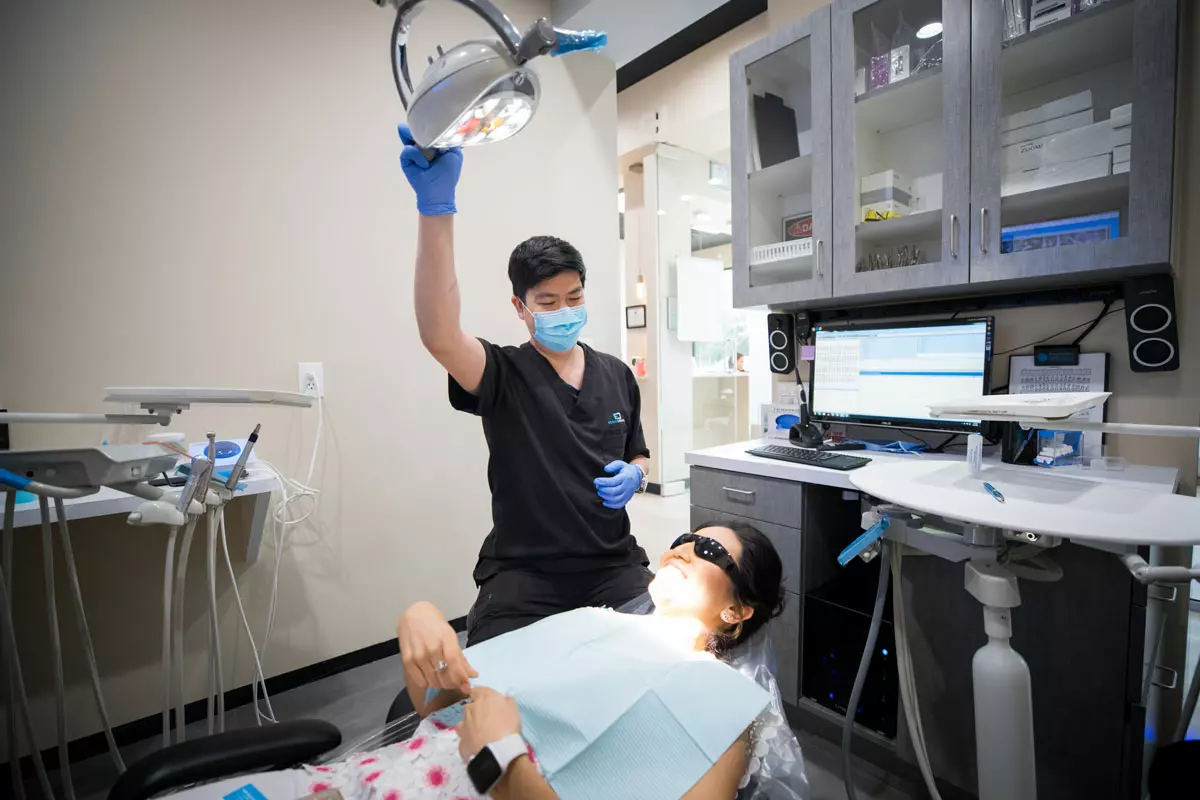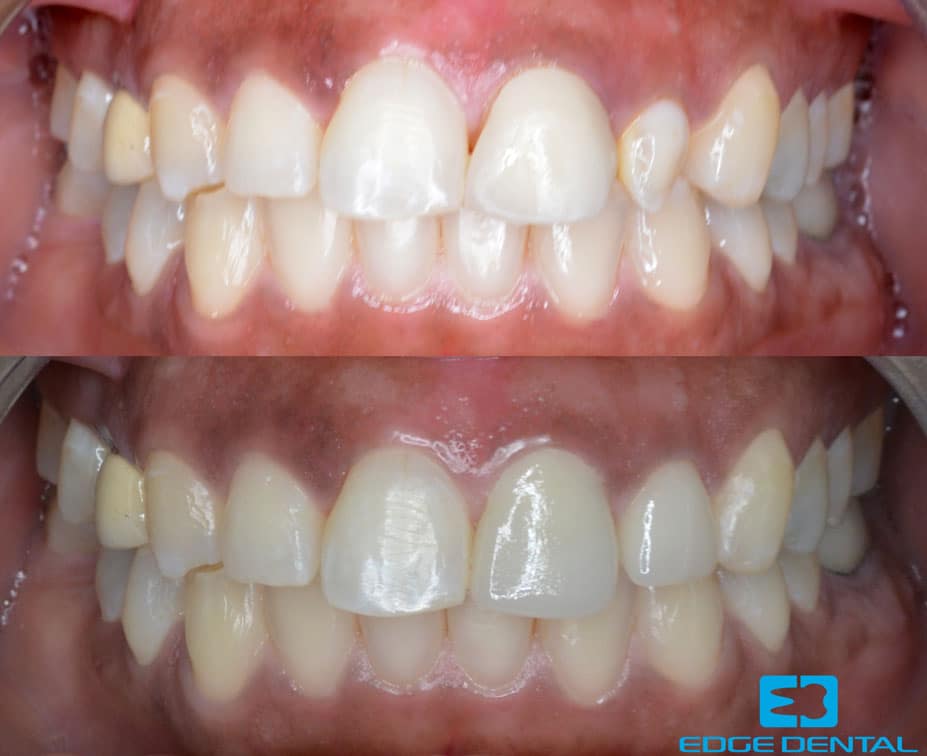Understanding The Causes Of Bruxism: A Comprehensive Overview
Teeth grinding and jaw clenching are the names of bruxism, an oral health condition affecting many people globally. It is a condition in which an individual grinds or clenches their teeth during sleep at night. Moreover, jaw pain, dental issues, and headaches are common causes of bruxism.
Custom bruxism mouth guard and stress management techniques help individuals protect their teeth from further damage. Furthermore, this can cause various issues related to physical, psychological, and lifestyle. In this article, we are discussing the common causes of bruxism that enhance the risk of its development.
Stress and Anxiety
Stress and anxiety are the common causes of bruxism. People who are experiencing a lot of stress or who have unresolved emotional issues often grind teeth, and this is a way to express their psychological distress. The jaw muscles may clench as a subconscious reaction to stimuli, which can exacerbate the abrasive contact between teeth.
Malocclusion
Malocclusion is a common dental condition in which the teeth are not aligned properly. This is considered a common cause for the development of bruxism. When the lower and upper teeth are misaligned, the jaw muscles can be influenced by grinding or clenching. In some cases, seeking immediate dental care is a must in misaligning teeth, which helps to alleviate bruxism.

Sleep Disorders
Bruxism is connected with sleeping disorders, which include sleep apnea. Individuals who are experiencing sleep apnea may grind their teeth during sleep, and this happens because of breathing problems that block airway passages. It is essential to determine and address sleeping disorders on time with the intent to manage and prevent bruxism.
Lifestyle Factors
Sometimes, lifestyle factors can contribute to the development of bruxism. Tooth grinding has been linked to substance usage, mainly when stimulants like coffee and other pharmaceuticals are used. An important part of controlling bruxism is keeping an eye on and making changes to lifestyle behaviors.
Temporomandibular Joint (TMJ) Disorders
Temporomandibular Joint (TMJ) Disorders can also occur with severe bruxism. TMJ issues can cause discomfort and dysfunction by influencing the joint connecting the jaw to the skull. People with TMJ issues may grind their teeth in an unconscious attempt to find relief from the pain, which exacerbates the disease.

Genetic Predisposition
Genetic factors may influence the development of bruxism susceptibility. According to research, there could be a genetic component to teeth grinding, with a propensity to do so being handed down through the generations. Environmental variables can contribute to the appearance of bruxism, even if hereditary influences are essential. It is worth mentioning that individuals must take Treatment For Severe Bruxism on time.
Wrapping It UP
Bruxism is a complex medical condition that can be caused by dental, behavioral, and psychological factors. Effective management techniques and incorporating healthy lifestyles resolve complex issues. Patients with bruxism symptoms need to seek advice from dentists and sleep specialists to create a customized bruxism treatment plan that eases the complicated process.
Comments
Post a Comment